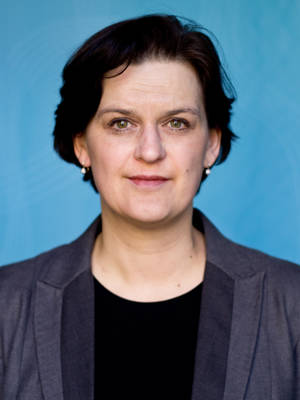Norway has a vested interest in the theme of gender equality. It is part of the national identity and it is an important element in Norwegian foreign policy along with Norway's peace engagement. According to Former Prime Minister Gro Harlem Brundtland, gender equality has served Norwegians well not just in political, but also in financial terms. Gender equality has been good for Norway's development.
The Nordic feminist movements grew out of a strong social and political engagement from below combined with equal rights laws as well as quota systems implemented from above. This dual pressure, or interaction, between the government and civil society level proved to be very effective and has been labelled state feminism, a term coined by Helga Hernes (1987).
State feminism is a political model; it is a strategy for gender equality work combining pressure from below from civil society and women's movements and seeking to integrate these concerns in the state structure above. Yet, coming from a country which has achieved its gender equality in a (largely) mono-religious and homogenous culture might taint the ways in which Norwegians are seen as norm providers in peace mediation settings.
In order to explore this, this study will conduct a document analysis and interviews.
The document analysis will investigate how Norway’s role as a norm changer in the realm of gender equality and women’s empowerment is conceptualized in speeches and political statements given in the United Nations since 2000. The questions guiding this analysis are: How has Norway framed its arguments and which strategies for implementation are suggested? To what extent can arguments and strategies be seen as state feminist thinking, and how do religious and cultural characteristics intersect?
The interviews with central Norwegian peace mediators, focusing on how gender equality concerns and women’s empowerment were part (or not) of their mediation efforts, how these were perceived and to what extent the Norwegian identity of the peace mediator hindered or facilitated in this context.









